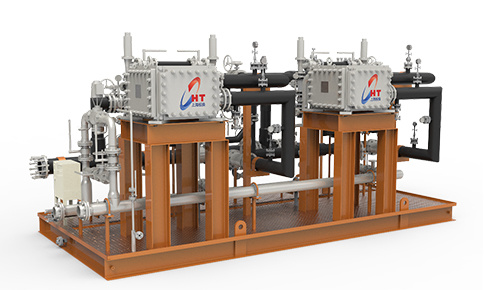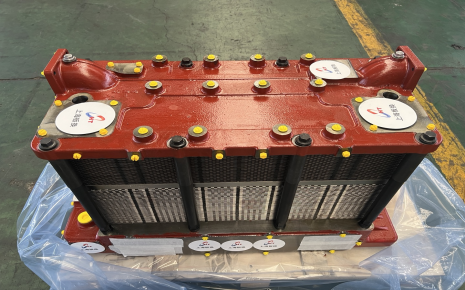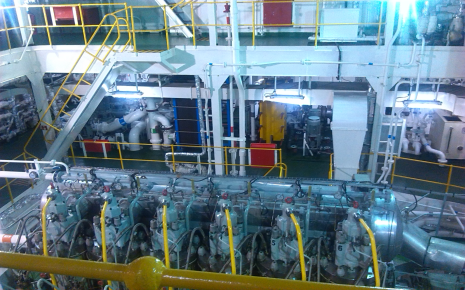Overview
Solution Features
Plate heat exchangers in the shipping industry and seawater desalination systems often require frequent replacement of components due to corrosion from high-salinity seawater, increasing maintenance and replacement costs. At the same time, overweight heat exchangers will also limit the cargo space and flexibility of ships, affecting operational efficiency.
Case Application



Seawater cooler
Marine diesel cooler
Marine central cooler
High-quality solution system integrator in the field of heat exchanger
Shanghai Heat Transfer Equipment Co., Ltd. provides you with the design, manufacturing, installation and service of plate heat exchangers and their overall solutions, so that you can be worry-free about products and after-sales.


